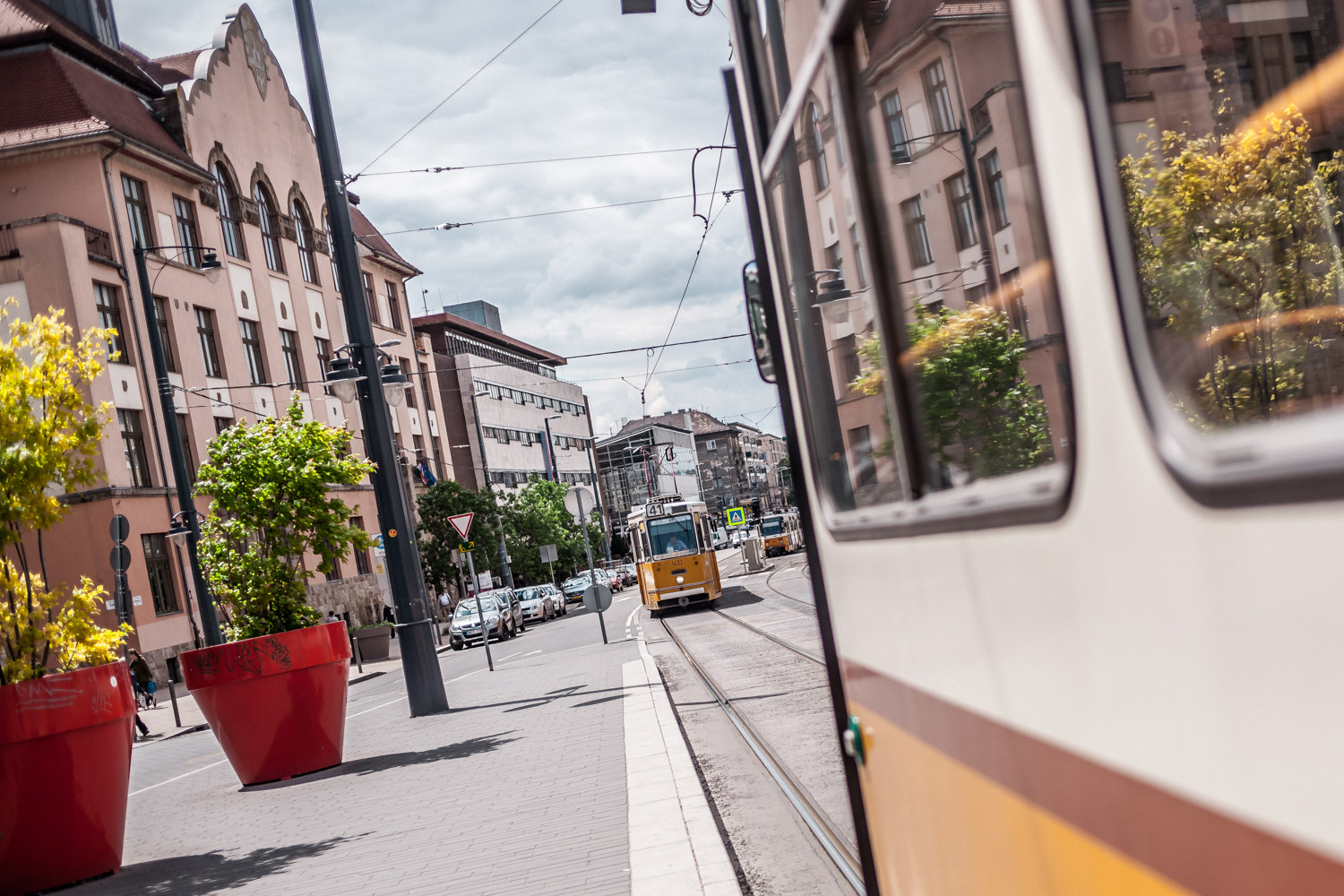Budapest Brand, responsible for the image and marketing of the Hungarian capital, gathered a select panel of experts and professionals from hotels, travel agencies, restaurants and festivals to discuss opening plans for the coming months.

Csaba Faix, Budapest Brand CEO, opened by expressing his hope for more terraces to be operating, given the crowds gathered at certain cafés last weekend. While such matters remain out of councils' jurisdiction, the City has managed to speed up the permit process and free up more parking spaces on Andrássy út.
Help is also being offered to those applying for the recently introduced tourism rescue package, with a reopening hotline (06 1 318 8718) and free office rentals for event organisers.

Shortly before the closures late last year, a new tourism strategy had been prepared, Let’s Meet in Budapest 2021-2027 . The Restart Budapest Card will be renewed this year, with its added attraction of three hotel nights for two.
Faix stressed the inevitable importance of the role to be played by state and government in promoting Budapest to Hungarians outside the capital for the sector to survive. They are working on a joint marketing campaign, with extended use of the nationwide SZÉP discount card and additional reopening grants.
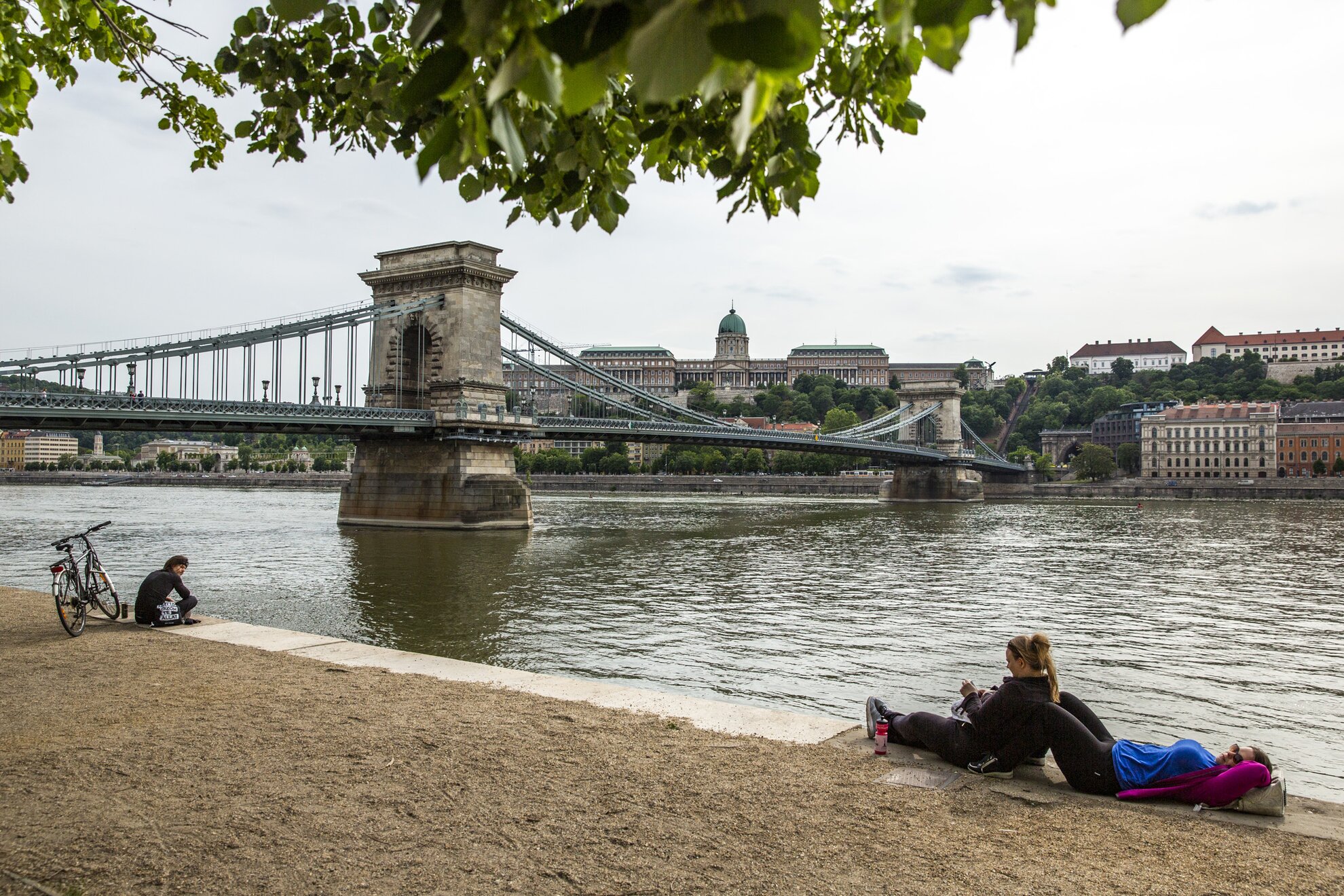
This summer, in a joint operation with urban activists VALYO, the riverbank should feature street furniture and installations, though not a pub as had been rumoured. Talks are ongoing with Vienna and Prague for a joint initiative to attract tourists from neighbouring countries.
Budapest hotels
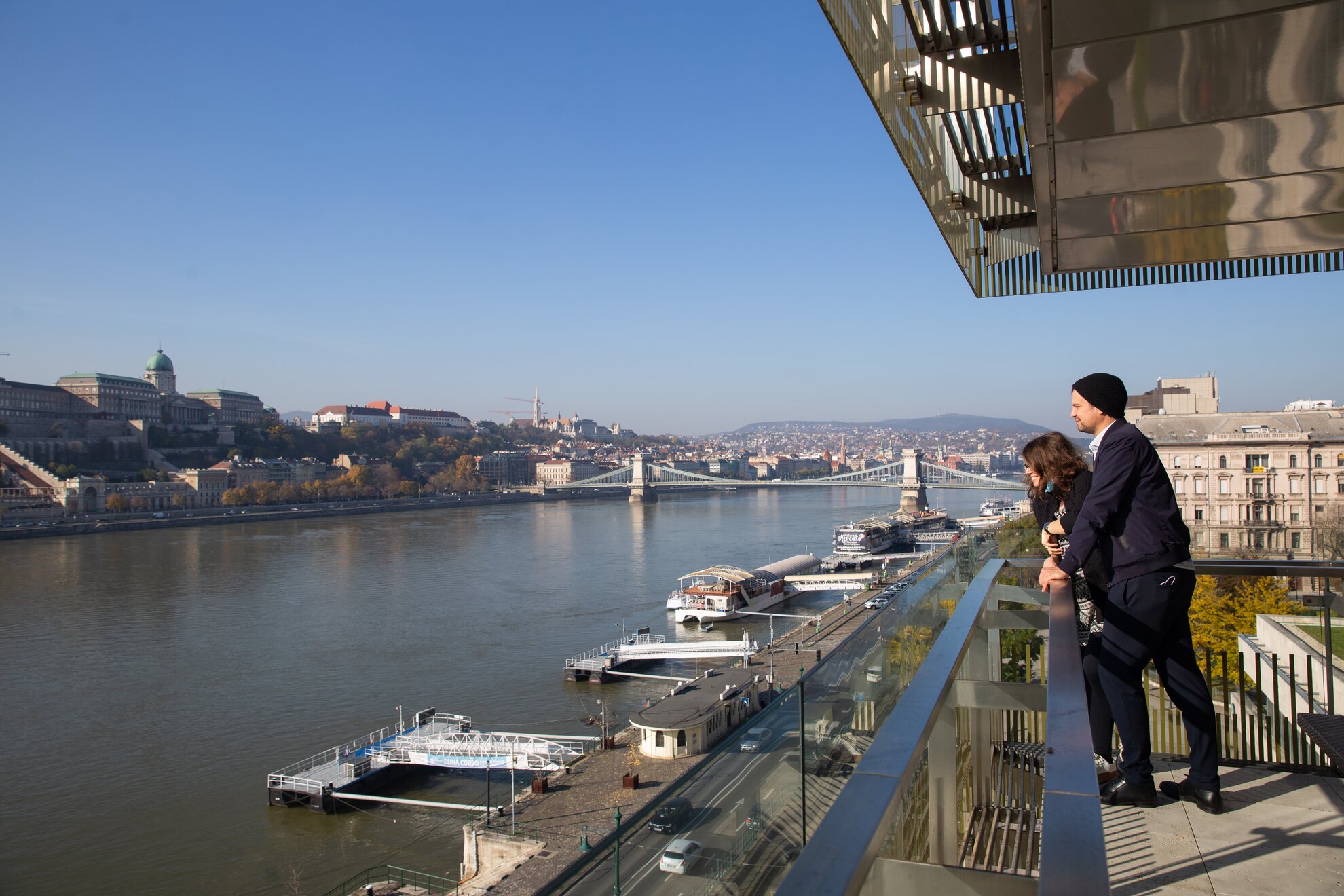
Tamás Flesch, President of the Association of Hungarian Hotels and Restaurants, painted a somewhat gloomy picture about reopening preparations and what the hotels in Budapest could expect.
Autumn would be the earliest when foreign tourism could resume, though bilateral arrangements with neighbouring countries may assist in that process beforehand. "Next spring, tourism in Budapest may be similar to the period before Covid," he said with certainty.

He doubted whether many hotels would open in the summer or even in the autumn, especially those catering to large groups.
Budapest is not primarily a destination for domestic tourism – 93-95% of the industry is based on foreign custom. This is supported by the statistics: in 2020, only 3-4% more visitors came from within Hungary. Flesch believed that Restart and SZÉP Cards were nice options but wouldn’t produce more than 10% occupancy.

There should be a sharp drop in prices in the upcoming period, but as demand picks up, that will change. One of the most pressing problems right now is labour shortages, not knowing who will return to the profession.
Many have gone elsewhere or to other kinds of jobs. This is expected to result in an increase in wages and a situation where hotel receptions won’t work 24/7 – as is already the case with many Western-European hotels.
Currently, every major European city is waiting for flights to relaunch. In many Western-European countries, it is not even possible to travel domestically. But if people can go, they will – as seen at busy cafés terrace after last weekend’s reopenings.
Budapest restaurants

Three key figures from the city’s gastronomic sector – Zoltán Hamvas of Stand, Gianni Annoni of Pomo D’oro and Rudolf Semsei of the VakVarjú chain and Budapest Party Service – were counting on full houses in the not-too-distant future.
Stand still saw healthy figures last weekend for takeaway and home delivery even though many terraces were open.
All agreed that vaccination was the ultimate solution, and that in the long run, domestic custom should drive the industry more. Annoni signalled that price cuts might be a problem: provincial caterers, in particular, should understand the value of fair trade.

At the same time, price increases are also expected, with both Stand and Pomo D’oro experiencing dearer supplies due to difficulties in deliveries from abroad, exacerbated by weaker exchange rates.
The question also arose whether takeaway and home delivery would die out like last summer. Back then, Hamvas tried to stop takeaway services, but guests resisted. Annoni now plans to stop home delivery when the situation returns to normal, but he doesn’t plan to remove it either.

Labour shortages also seem to be problematic, Annoni explaining how difficult it is to find good staff in Italy at the moment. According to Hamvas, a lot of people went to work in construction, but thinks that experienced professionals should return.
Budapest Airport
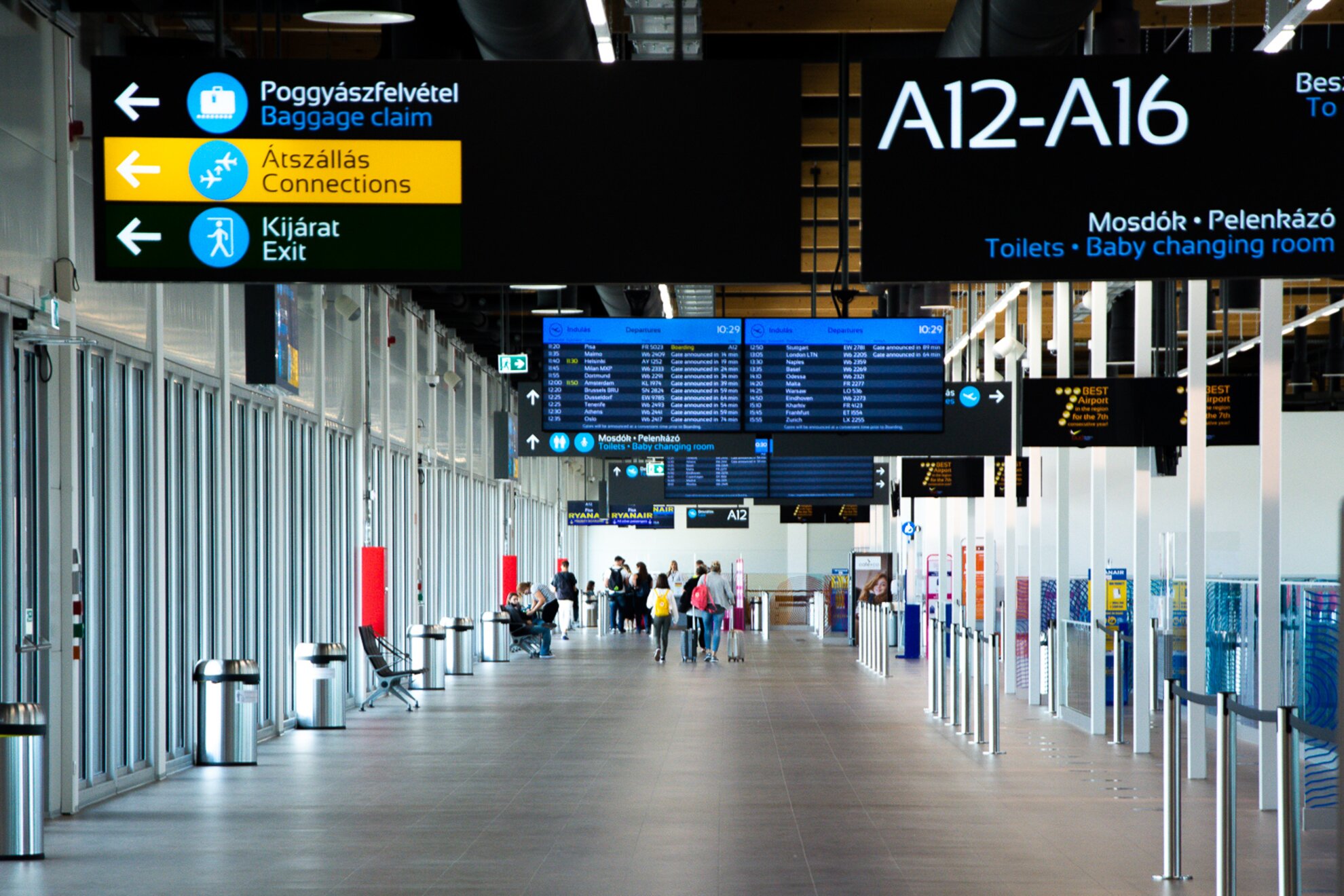
Head of airline development and commercial planning at Budapest Airport, Balázs Bogáts is also responsible for bringing as many flights to Budapest as possible and increasing traffic. This has been inherently difficult for the past 14 months.
A 90-95% reduction in operations has been recorded since September and, according to the calculations of Airports Council International (ACI), the recovery of all European traffic will only be achieved by 2024-25. However, Budapest feels more optimistic, and aims to be one or two years ahead of this.

According to Bogáts, the city has not lost its appeal, low-cost airlines will react faster to demand, and Budapest will rely largely on them and traditional price levels.
There is also optimism that when Hungary reopened last July, traffic jumped and capacity increased sevenfold. An increase of 70% is expected for June-July this year, and it is already known that 33 airlines are definitely planning to operate from 116 airports. That’s very reasonable, considering that this number was 153 in pre-Covid 2019.
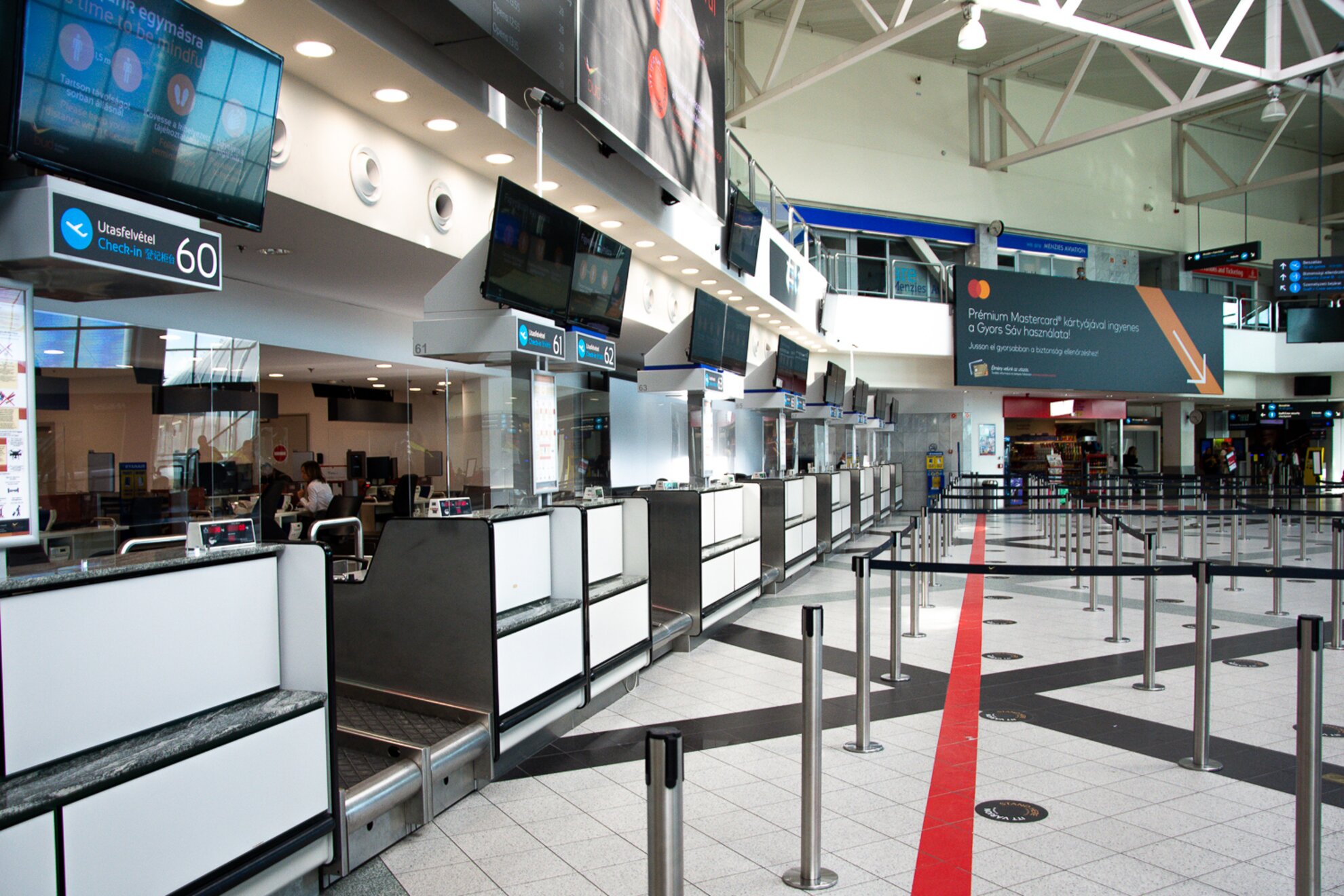
Currently, 100 flights a week depart from Budapest, which could grow to 600-700. According to Bogáts, this summer will be about beaches not cities, so expectations won’t be set too high – but good marketing should help.
Passengers should definitely expect be countries and airlines will make travelling subject to a PCR or rapid test, or both, but everything can be arranged at Budapest Airport. Security certificates will also be needed, for which several digital versions have already been suggested which border guards will be able to check quickly. The EU should decide on the matter soon.
Budapest spas
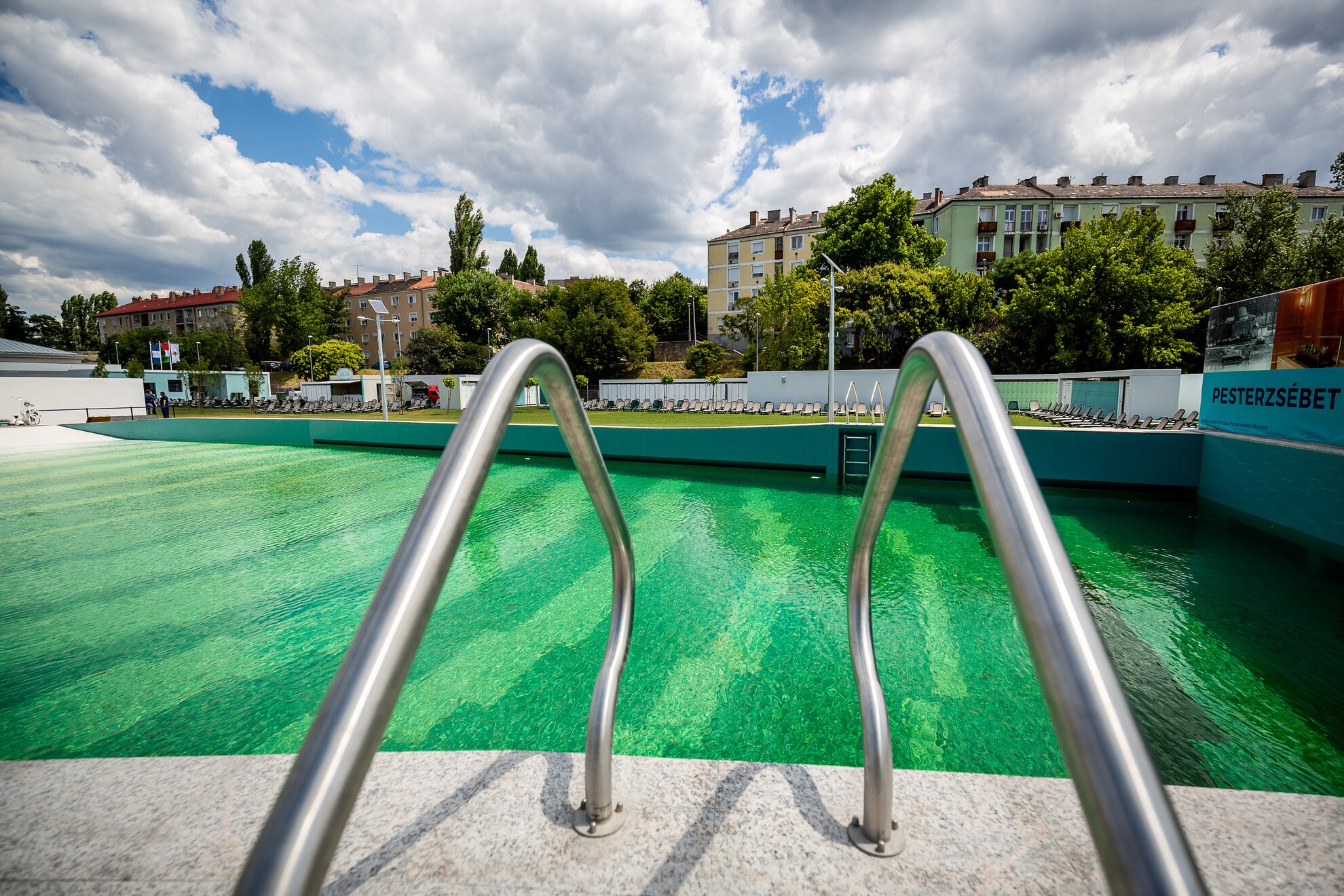
Budapest & Héviz Spas CEO Ildikó Szűts also spoke about a segmented pricing policy, discount packages and a new strategy for 2021-2023.
Six baths should open imminently, perhaps even on 1 May: the Széchenyi, Gellért, Rudas, Lukács, Csillaghegy and Paskál. Phase 2 is expected for Whitsun with the opening of the Palatinus and Pesterzsébet lido. Then on 15 June, Pünkösfürdő, Római fürdő and the Dandár, currently inaccessible due to road renovation.
Each spa would be tailored to a target group and event tourism. Privately funded health care and post-Covid services will be provided. 80% of their workers have already been vaccinated, with security certificates expected from guests, and separate entrances and exits are planned to lessen congestion.
Budapest festivals

The government decree on reopenings does not include music and dance events, so Tamás Kádár, MD of the Sziget Festival, still does not know the whether it would run this year. According to him, there will definitely be smaller festivals, but for the big ones, booking performers and other organisational planning are paramount.
According to István Márta, President of the Hungarian Festival Association, this is an uncertain industry, but many see the situation more positively than last year, especially small and medium-sized festivals.

If all goes well, by September at the latest, the Crafts Festival will be held in Buda Castle, the Érd Jazz Festival, several smaller festivals in Szentendre, the Bakáts Festival, the Pont and Margit Festivals, the Budapest Wine Festival and the Városliget Rosalia should all take place, while the Gourmet Festival and Children’s Island will be pushed back from June.
Kádár rejected the suggestion to organise the Sziget for Hungarians only, on the grounds that it was an international brand. Quality could only be guaranteed with the same budget: “Without the international element, it wouldn’t be Sziget!”




